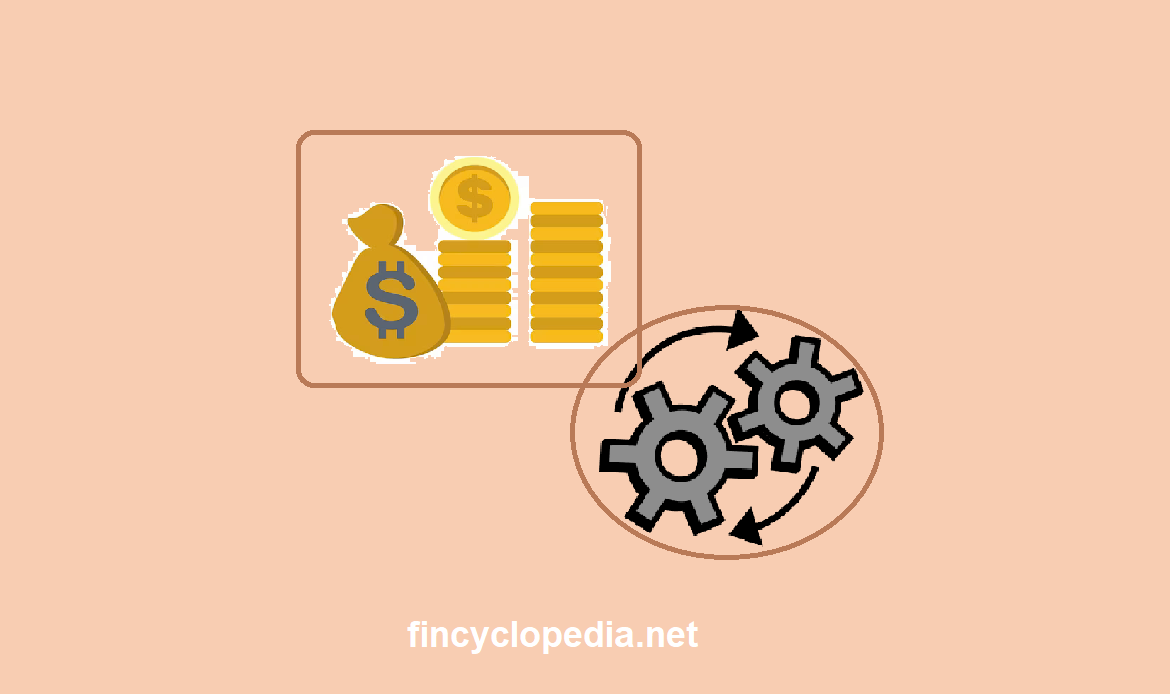The portion of an entity’s equity that has been raised by the issue of shares of stock in the entity to shareholders, usually for monetary amounts (cash). In other words, it is the amount of capital that corresponds to the amount of money the owners have invested in the entity as mainly represented by common and/or preferred shares. The equity share capital of an entity may be increased by issuing (selling) new shares (new issue) or by the so-called bonus issue: transferring an entity’s own funds from unrestricted equity to equity share capital.
A new issue involving raising new capital or reducing the amount debt outstanding (using its own economic resources). A bonus issue does not involve the supply of new capital, but only an internal transfer of funds (reposting) from unrestricted equity into equity share capital.
It is also known as capital stock (United States), shareholders’ capital, share capital, equity capital, contributed capital, or paid-in capital.







